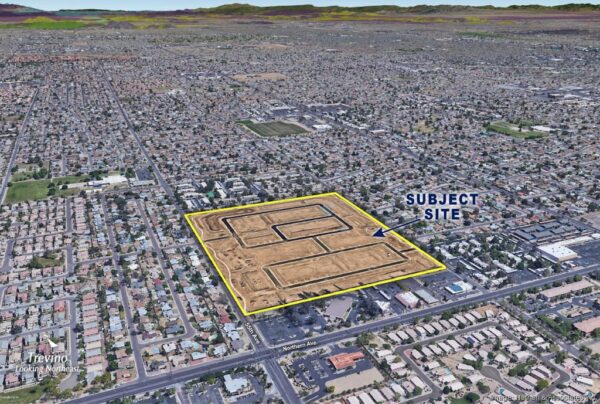 By Jim Small | Arizona Center for Investigative Reporting
By Jim Small | Arizona Center for Investigative Reporting
In a ruling last week, the Arizona Court of Appeals held that a public employee’s private cell phone records can be considered public records if the employee used the cell phone for a public purpose.
The unanimous ruling from a three-judge panel contradicts an attorney general’s opinion earlier this year that concluded communications made by public employees or elected officials solely on private electronic devices or private social media accounts are never public record, even if those devices or accounts are used to conduct public business.
Judge Paul J. McMurdie wrote in the court’s opinion that, under Arizona’s public records statutes, “a public employee’s private cell phone records pertaining to the conduct of public business may become public records subject to disclosure if a public records requestor establishes the employee used the cell phone for a public purpose.”
Attorney David Bodney, who regularly represents media outlets (including AZCIR) seeking public records from government officials, said the ruling supersedes the opinion of Attorney General Mark Brnovich, who held that Arizona public records laws are limited to electronic communications or records on government devices or social media accounts only.
“This opinion makes clear that one cannot escape the public records law by merely saying the public officer was using a private device or account,” Bodney said.
In the past, elected officials and government workers have denied public records requests for text messages and direct messages on social mediaaccounts on the grounds that they were made on private devices or private accounts, and thus weren’t covered by public records law.
In addition to requiring disclosure of public records from the private devices of government officials, Bodney said the ruling means “there could be consequences” for officials who don’t retain those records. Under Arizona law, it is a felony to destroy or “otherwise impair the availability of any public record.”
The ruling in Lunney v. State of Arizona centered on a series of public records requests filed by John and Robin Lunney with the Arizona Department of Public Safety and the Arizona Department of Transportation following the death of their son in a 2012 car crash. Among other things, the Lunneys sought the personal cell phone records of two DPS officers at the scene.
The Lunneys sued in 2015, alleging that the state violated public records laws. With regard to the cell phone records, the trial court ordered the Lunneys and the state to meet and prepare a report outlining which specific records are being sought, whether they exist and, if not, what investigation was done to reach that conclusion. If the records existed, the trial court would view them privately and determine whether they constituted a public record.
After the DPS officers told the state’s attorneys that “the cell phone records do not exist in the possession of either officer,” the trial court ruled that the state did not violate public records law.
The Lunneys appealed, and asked the appellate court to rule on whether Arizona public records law requires disclosure of private phone records in instances where public employees “use their private cellular phones in the ordinary course of their employment on agency business.”
The Arizona Supreme Court ruled in 2007 that documents of a “purely private or personal nature” are not public records, but in cases where it is not clear if a record is private or public and a “substantial question” exists whether the information is subject to disclosure, the courts are entitled to make such a determination.
In Lunney, McMurdie wrote that the trial court correctly used its authority to seek the cell phone records because a DPS officer testified that it is common for officers to “use their personal cell phones to conduct police business while working.”
The ruling also clarifies other aspects of Arizona public records law. The appeals court concluded that state agencies “are required to query and search their electronic databases and produce responsive public records.”
DPS had refused to search “various databases maintained within separate parts of DPS” to provide information the Lunneys requested relating to identifying the officers on duty the night their son died. DPS argued it was not required to search the databases and compile the information sought, as doing so would create a new public record, something the agency is not required to do.
However, the court ruled that there is a distinction between searching an electronic database to produce existing records and data, and compiling information about the information contained in the database. With regard to the Lunneys’ request, the court concluded that DPS is required to search the various databases and provide the responsive records.
Bodney said the distinction is “helpful,” and should guide government agencies in the future.
“The Court of Appeals provided useful guidance for public bodies and distinguished between not being required to create a record and being required to search available databases and see if a record exists,” he said.
The court also ruled that a 135-day response time to a request violated the law requiring a “prompt” reply to public records requests, as the state “did not provide a legally sufficient reason for the delay.”











